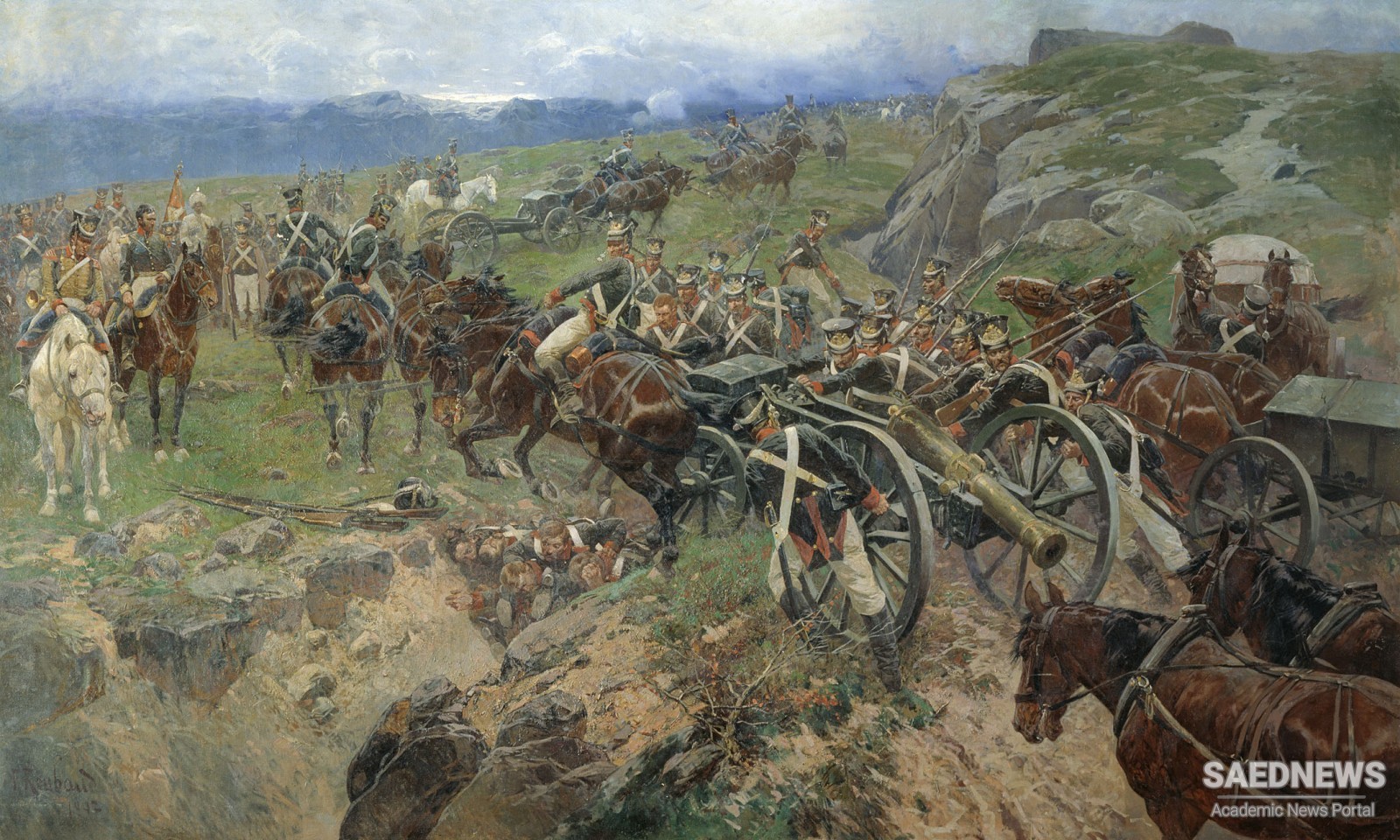The Turkish invasion was also prompted by the Russian advance into Iran. Russia’s expansionist objective in the Middle East in 1722 was concentrated on the vast plain between the Black and the Caspian seas. Domination of this area would enable Russia to establish a commercial highway over the Caspian Sea and to control the Black Sea. Russia regarded freedom of navigation on the Black Sea and free egress from its waters into the Mediterranean as essential to its achievement of great-power status. In 1722, however, the Black Sea was a Turkish lake, and the Porte was determined to retain it at almost any cost. It had, in fact, demonstrated this determination in 1695 and again in 1696, when Turkish forces had blocked Russian encroachments. But Peter the Great proved much bolder in 1722. He descended the Volga and captured Derbend. The Tsar tried to justify his action on the ground that Mahmud, the Afghan ruler of Isfahan, had denied responsibility for the plunder of the property of Russian subjects by the Uzbeks and Lesgians. The bold advance of Russia in Transcaucasia brought the problem to a head. Russia and Turkey talked about settling their differences peacefully but prepared for war. While engaged in dispatching military forces to Georgia, Turkey received an offer of mediation from France. The French attempt was doomed from the outset because the rival powers were not ready to compromise on a single point. The Porte indignantly demanded the abandonment of Derbend, noninterference in the affairs of Iran, and denial of arms to the Georgians. The Tsar retorted that Russia would not abandon Derbend or “a palm of the new acquisitions.” (Source: The Foreign Policy of Iran).


 Downfall of an Empire: Policy's Vital Role Revealed
Downfall of an Empire: Policy's Vital Role Revealed














































